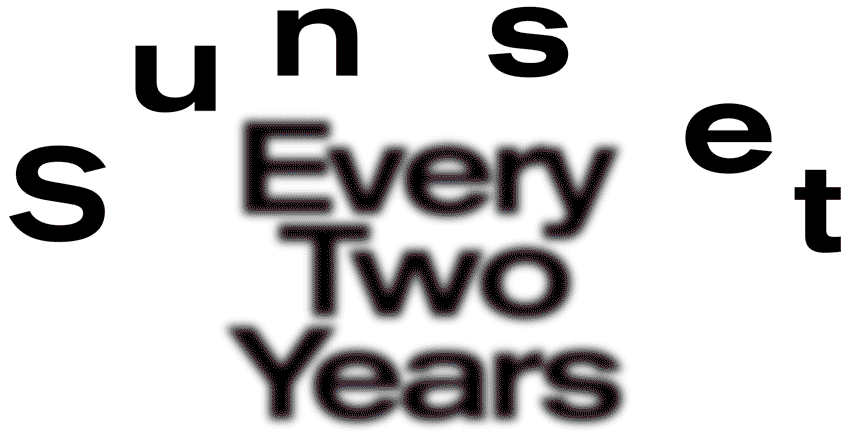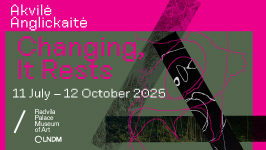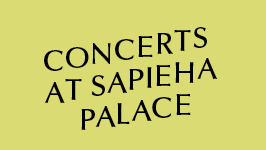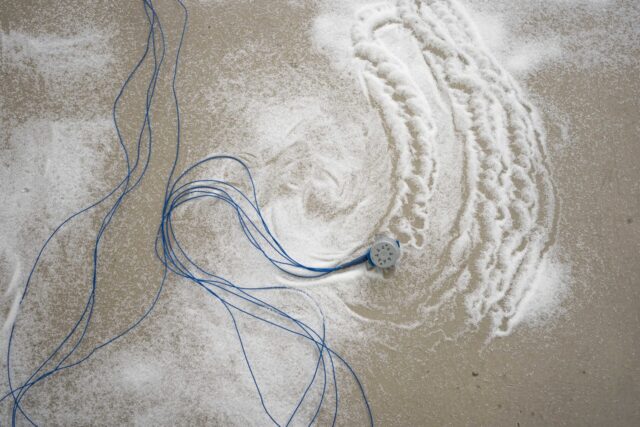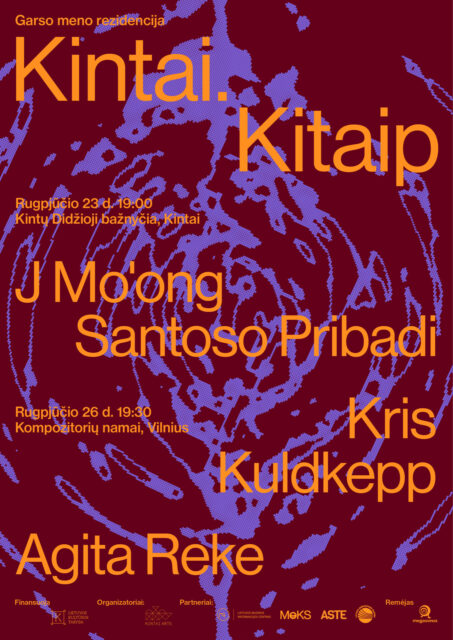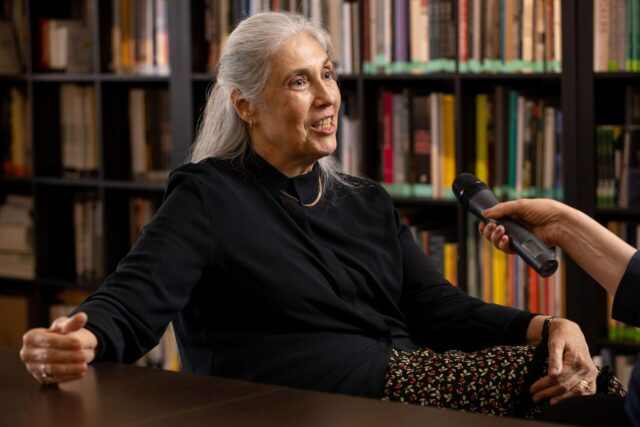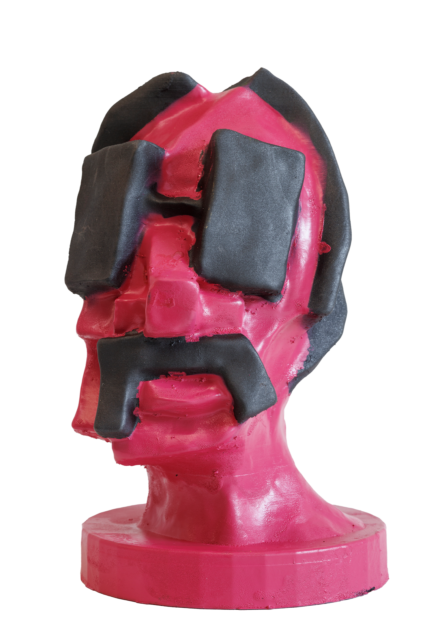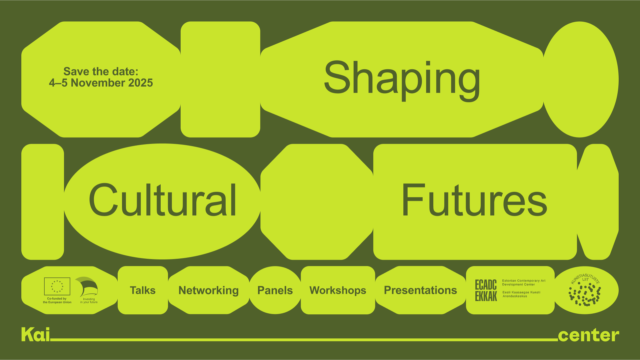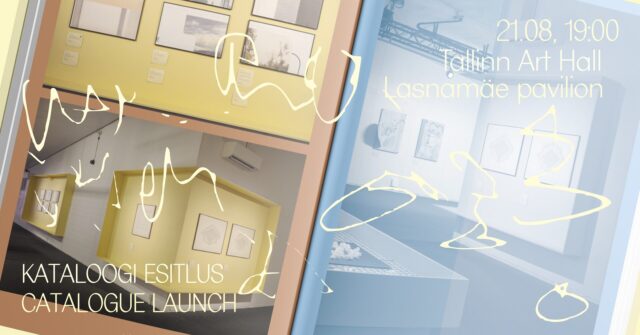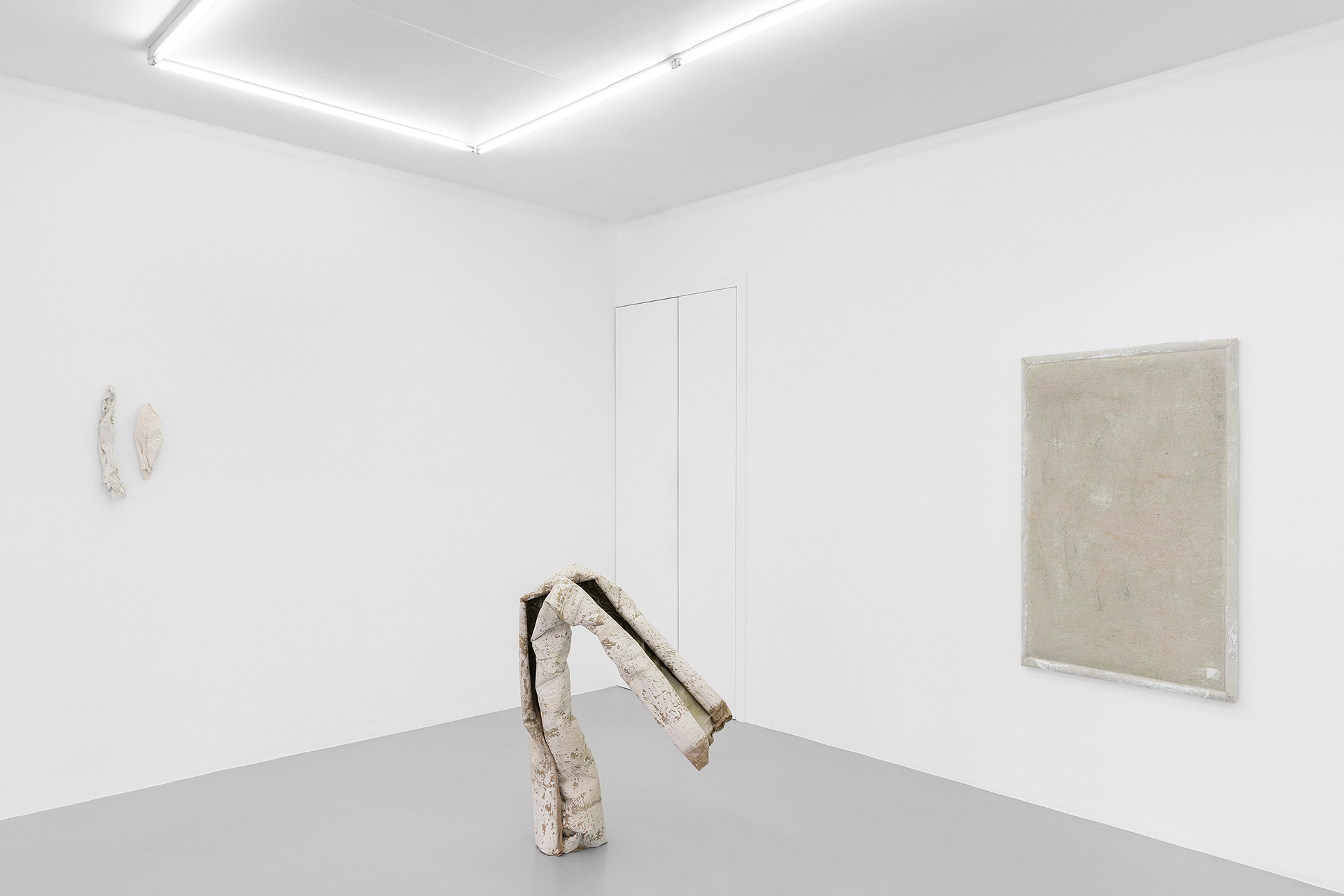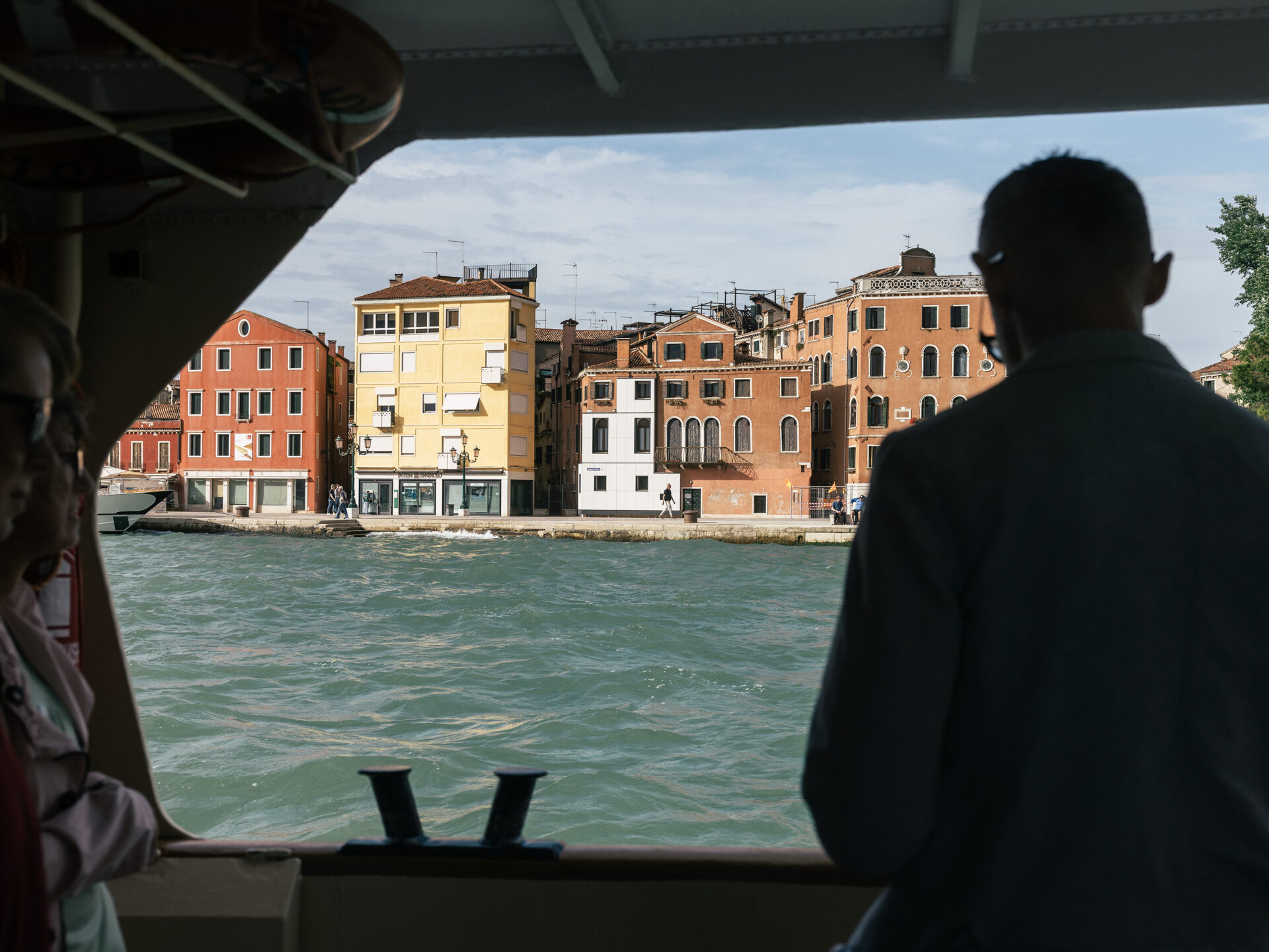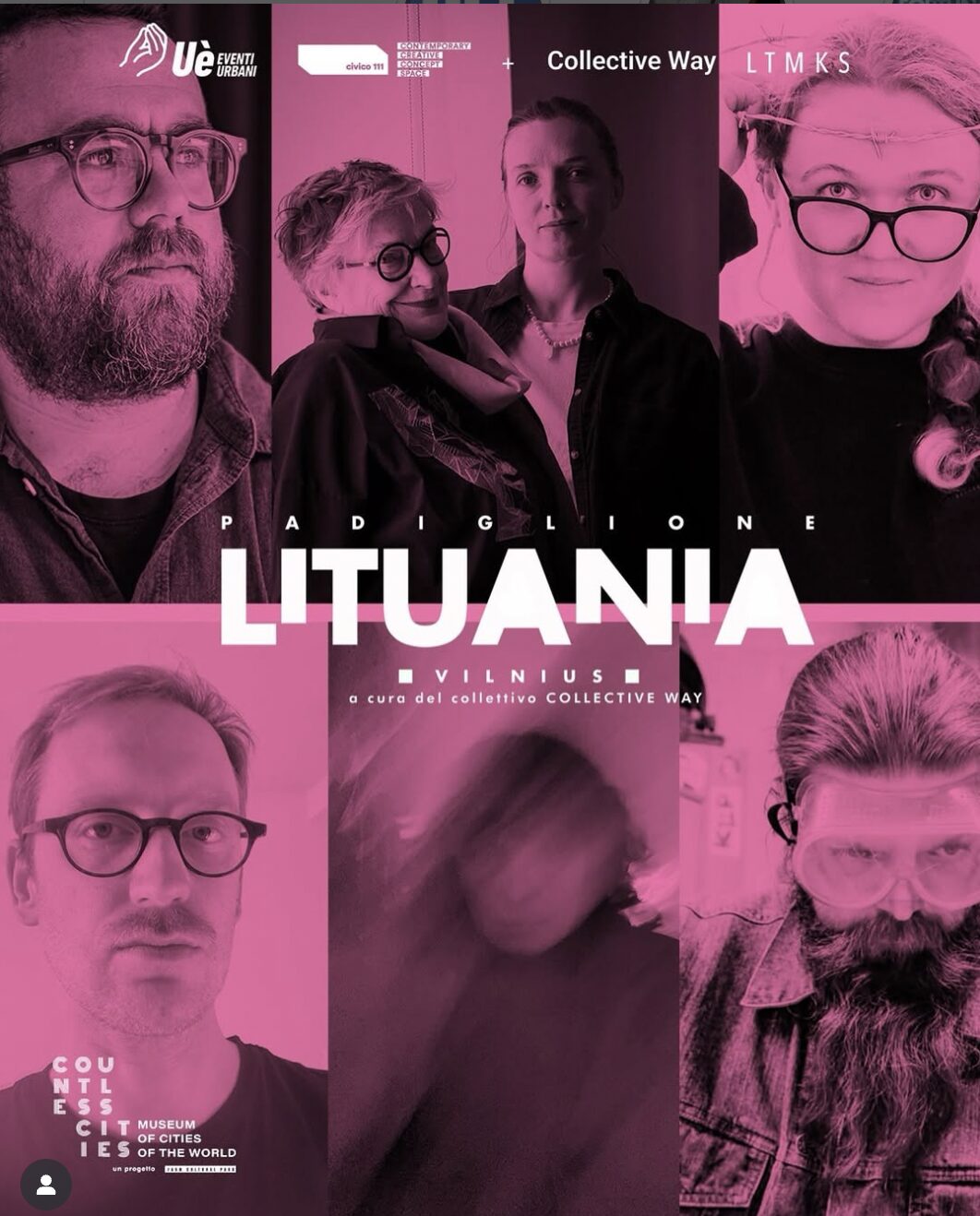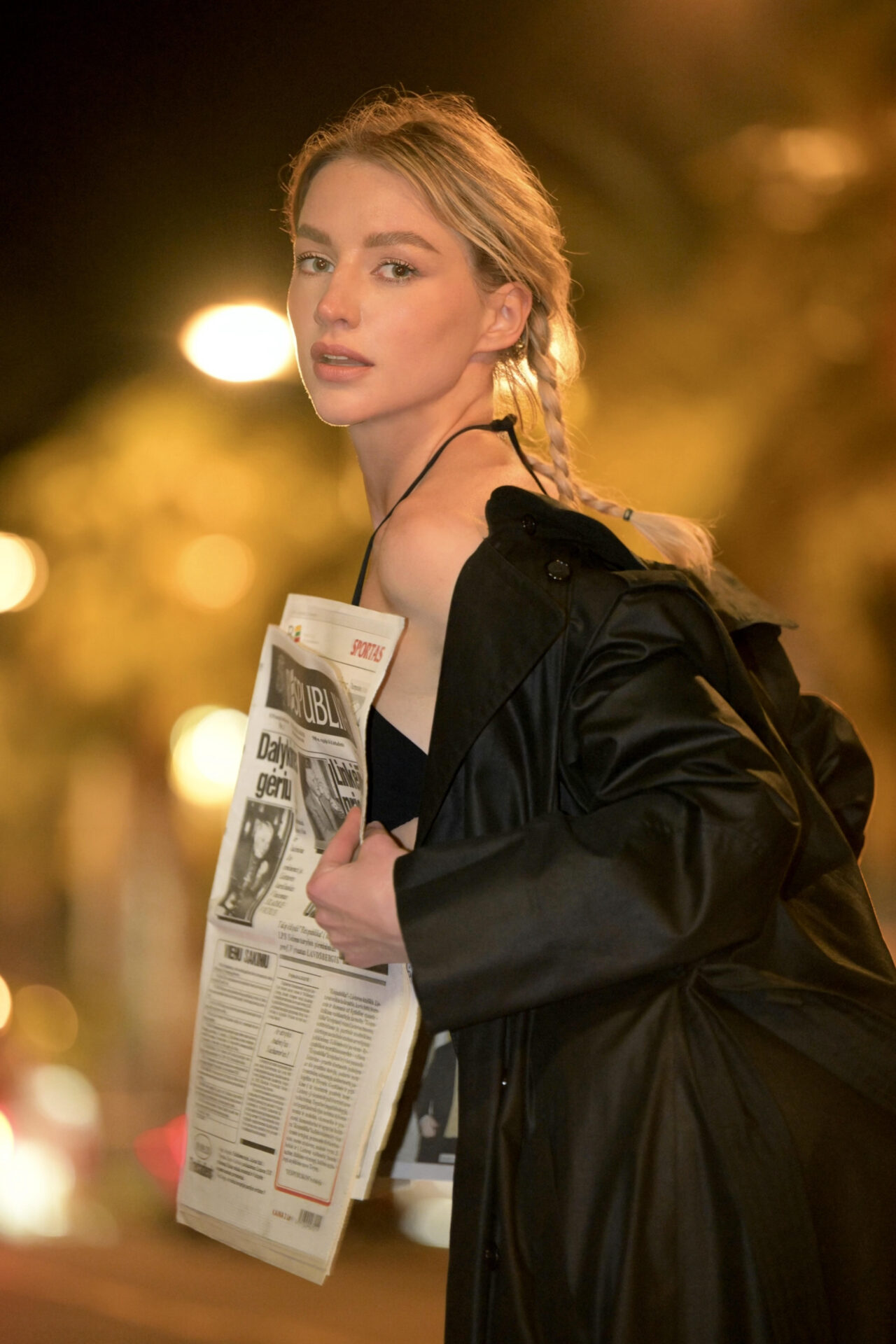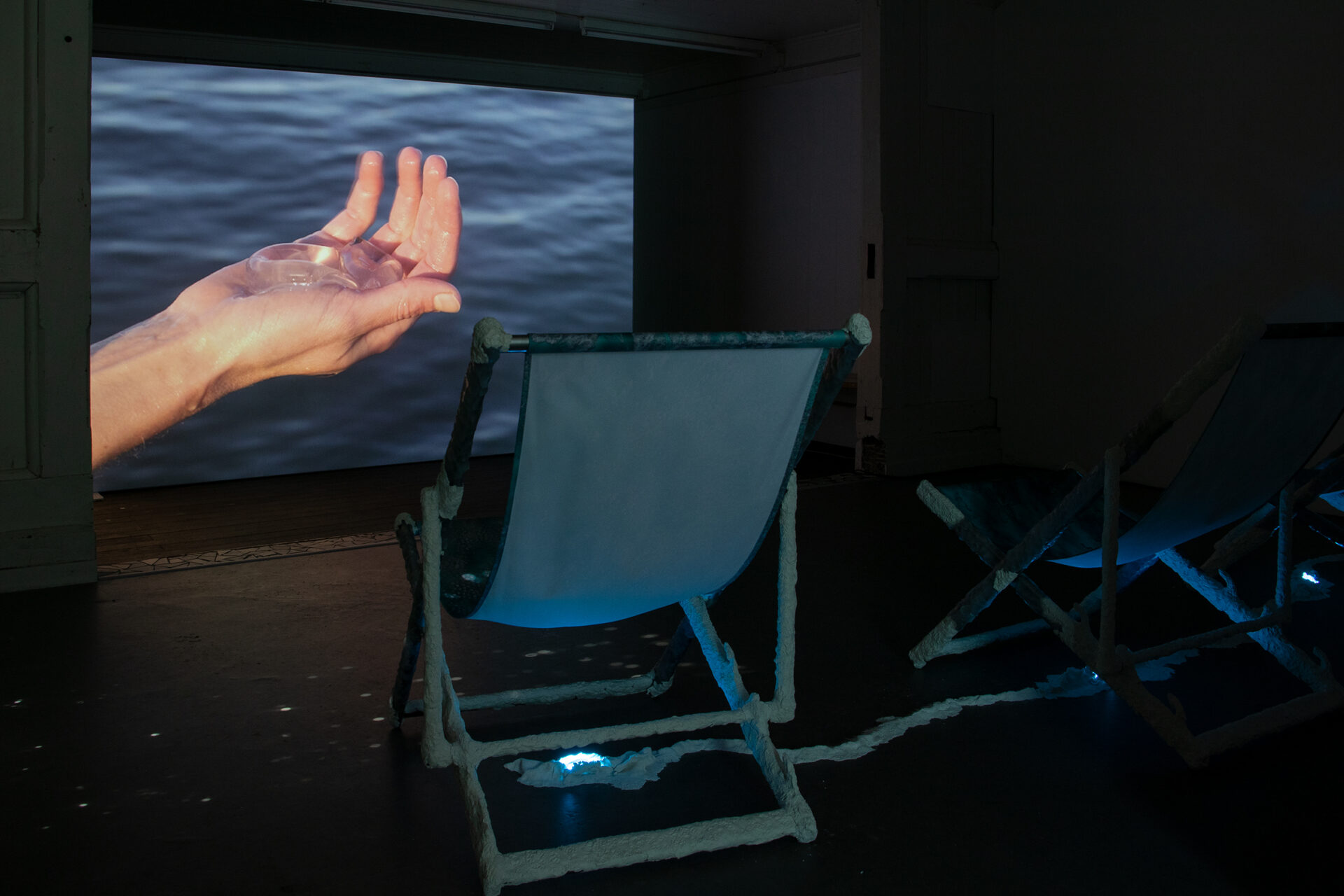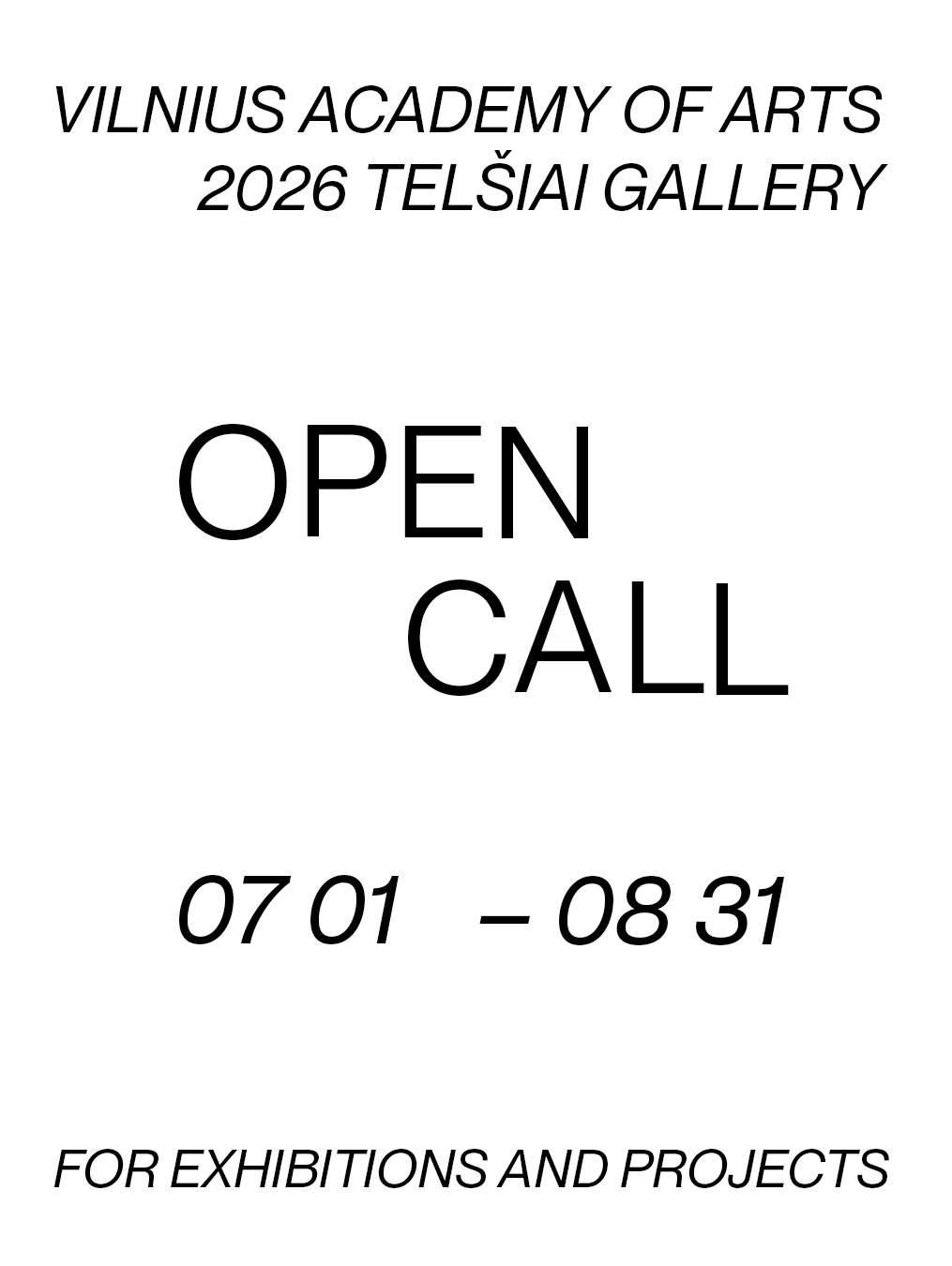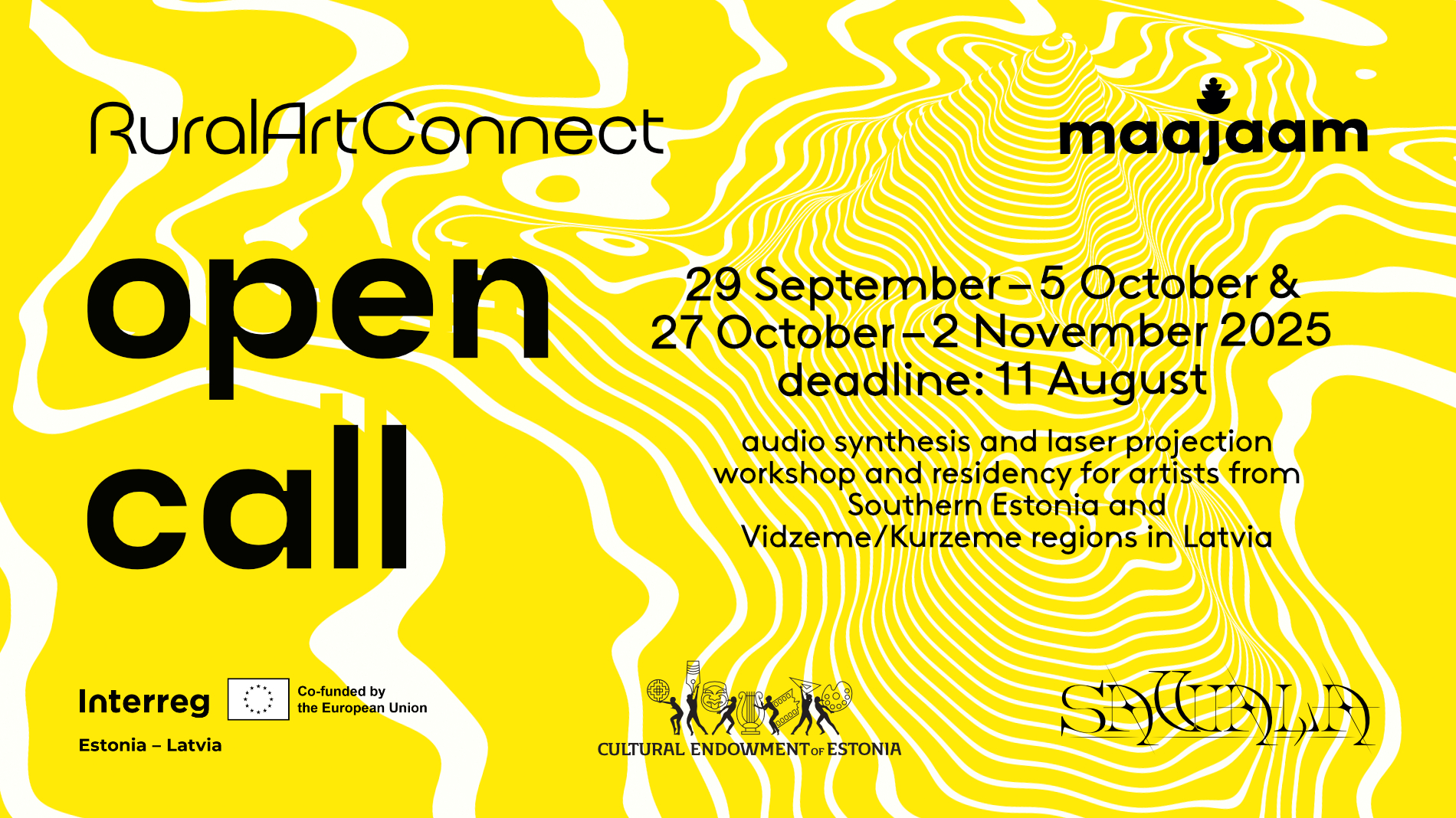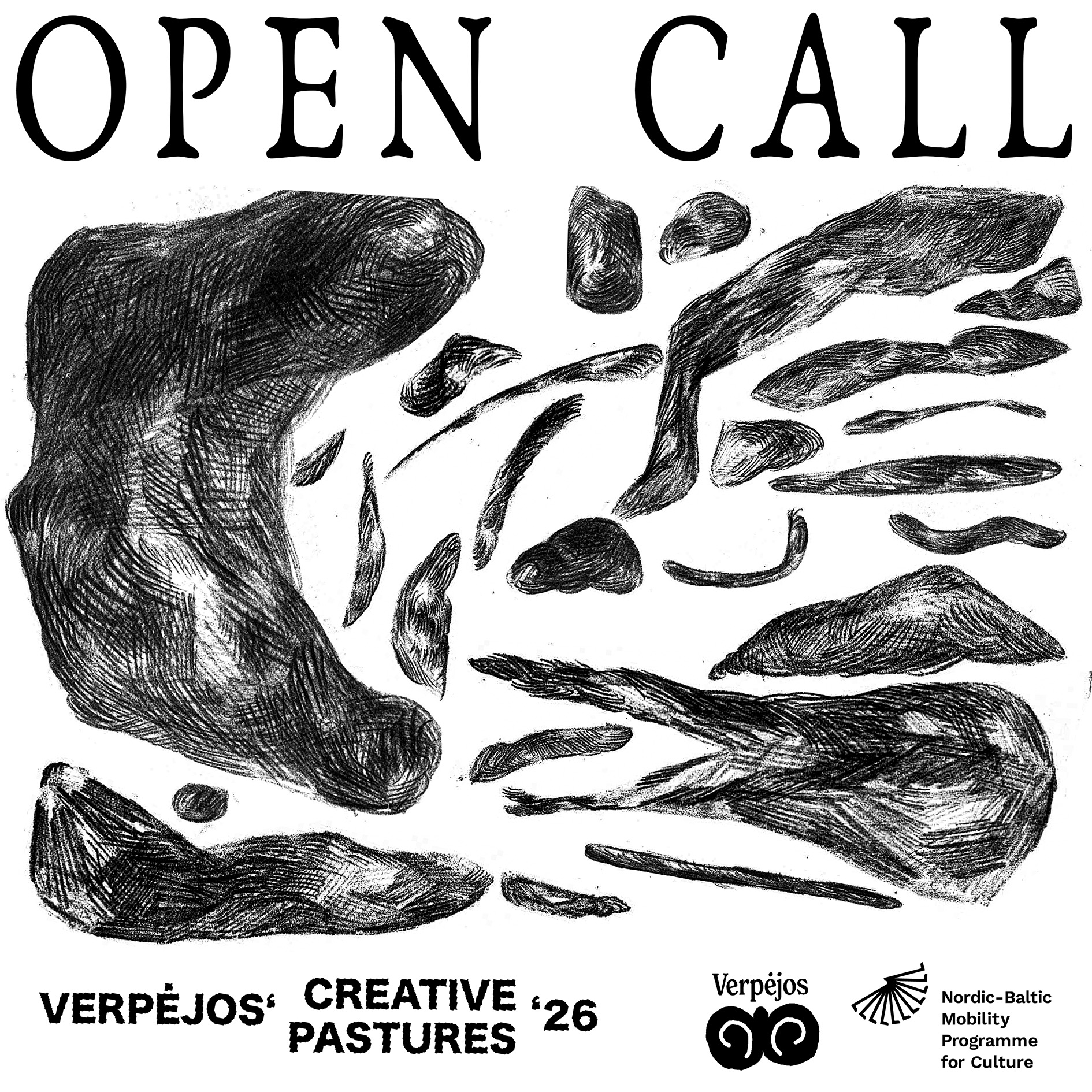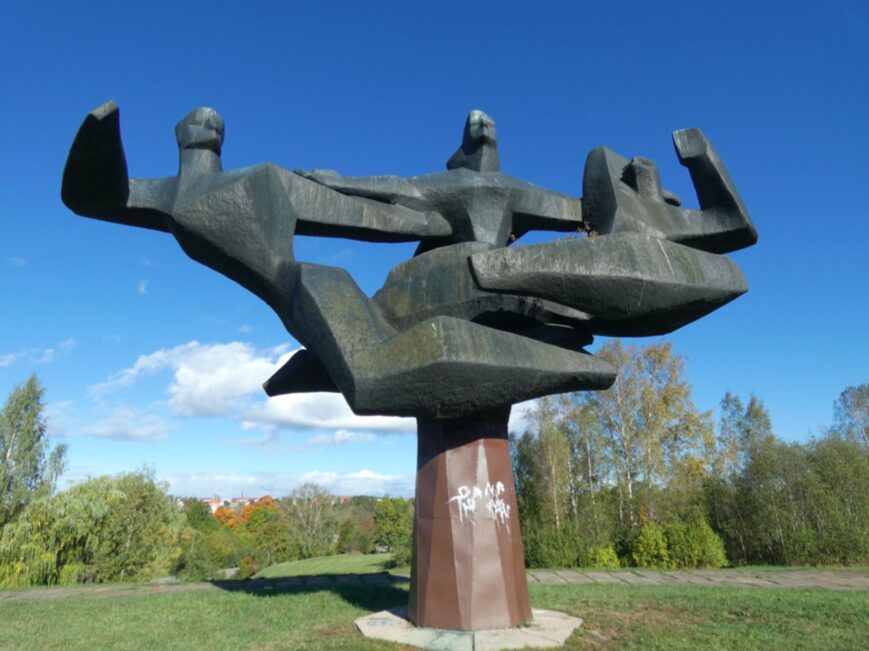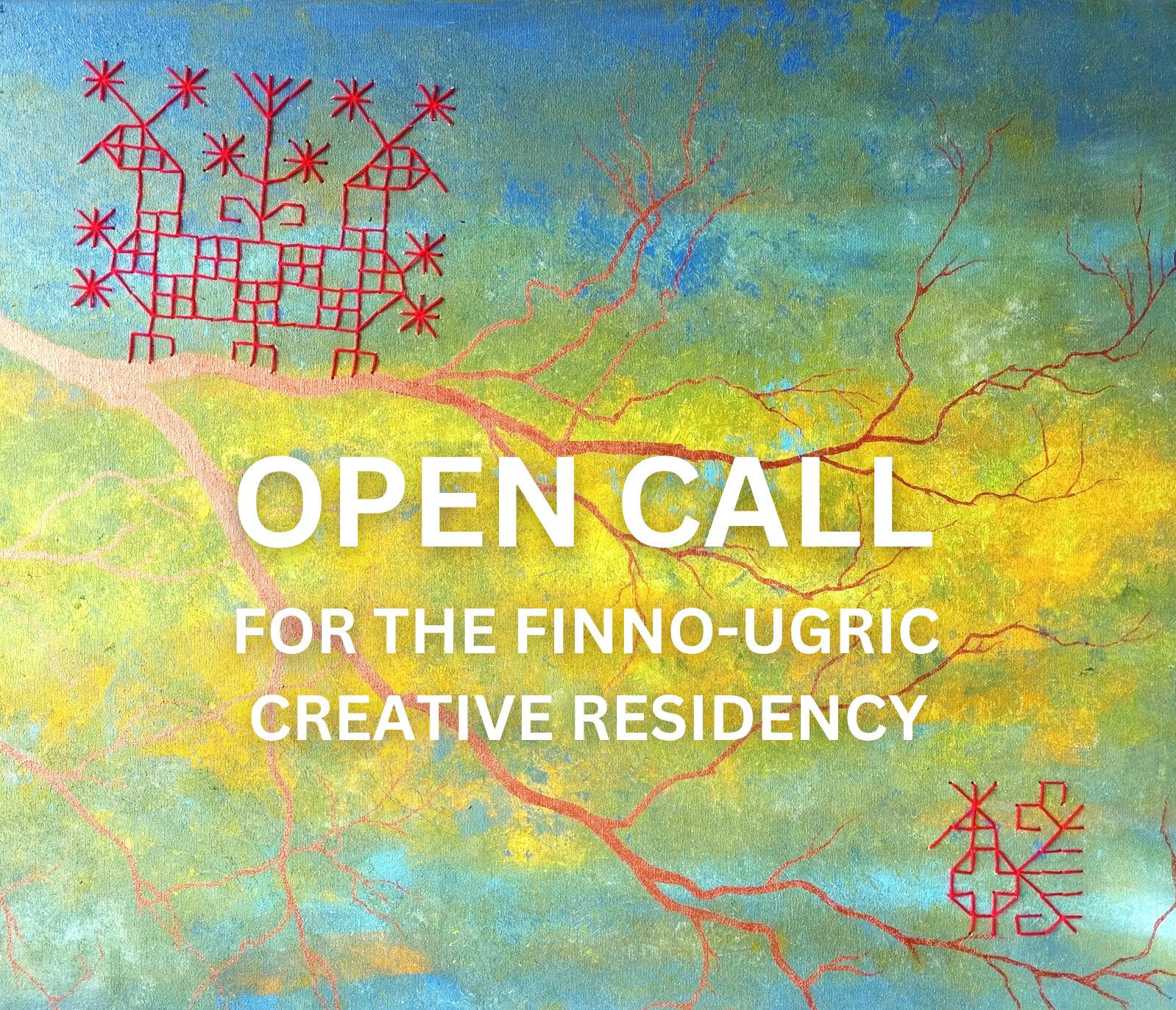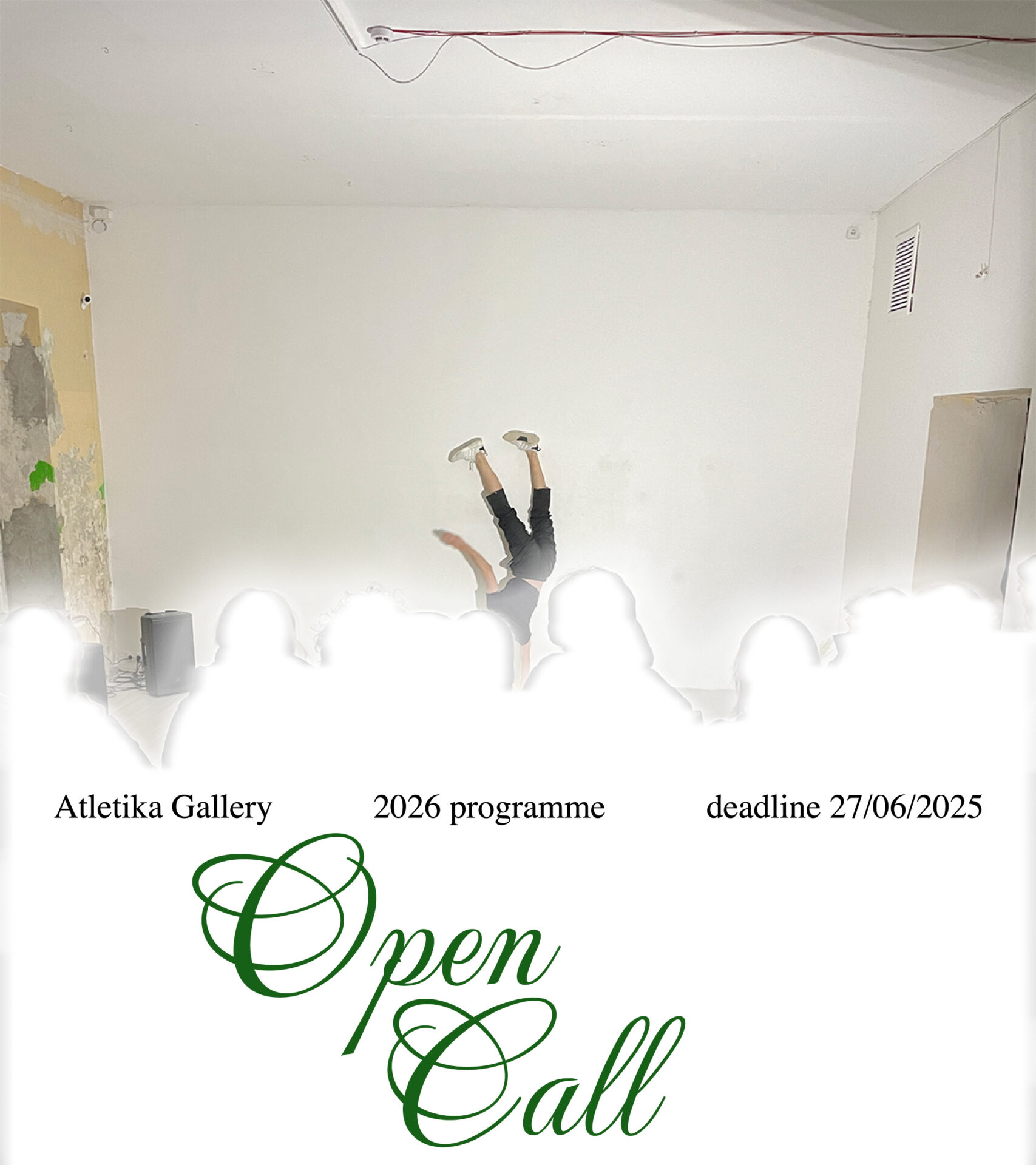I ought to be thy Adam; but I am rather the fallen angel.
(Mary Shelley – Frankenstein, or The Modern Prometheus, 1818)
Novelist Mary Shelley, who was the offspring of two intellectual radicals living at the turn of the 18th century and unfortunately witnessed the deaths of the closest people to her, was truly fascinated by the new discoveries in science of her time, especially those connected with electricity or electrical fluid as it was called in those days. All of that led Shelley to write her now most celebrated gothic novel Frankenstein or The Modern Prometheus (1818), in which she told the story of a doctor who pushed the limits of man as creator and gave birth to a child of progress albeit a monster. This story can be read in different ways. It can be understood as a warning to man not to play God, a fantasy about the possibilities of future science or a philosophical take on our complex relationship with death. The story also reveals an obsession with human flesh, which has curious similarities to the way we look at robotic bodies these days. The element of human body parts that can be engineered together to recreate the human into something else has also become the driving inspiration for the exhibition My Bitter Sweet Frankenstein Body.
Body is a complex matter existing in different parallel dimensions – physical, virtual, mental as well as spiritual. It’s a bio-suit for all the living things, and a form giver for everything that can be perceived as existing. The body seems to be a constant battlefield of opposites – shield yet prison, vessel of joy as well as source of extreme pain and decay. It can be liquid and solid, digital and spiritual, soft and stiff, sexualised and stigmatised. The body is a shapeshifter that is never frozen, always changing, in this process turning into a trickster or a creature who can play with you and against you, becoming its own version of the creature in Shelley’s Frankenstein.
My Bitter Sweet Frankenstein Body is dedicated to the complex relationships between humans and their colonised, globalised and digitised bodies and all the hybrids and errors in between. Each of these bodily forms promises a certain exit and relief which never truly fulfils. Now that we have experienced restrictions due to the pandemic, sharing small physical spaces and trying to expand our bodies as talking heads in zoom meetings and living avatars in Instagram feeds, it seems that our inner glitches surface in an even more prominent way. People take Photoshop to extremes, the plastic surgery industry has shifted to online conference pleasing face lifts, and diet and fitness apps have become a daily dose of spam.
In the exhibition, the role of Frankenstein is taken up by artists and the curator, symbolically representing a contemporary society that constantly tries to form our bodies according to some normative frame. Each of the selected artworks represents some part of the human body that is displayed in the gallery rooms for viewing by the curious visitor. The reasoning each of the artists have for using certain elements of body parts as forms or images for their work differs from the metaphorical representation of emotions and beliefs, forms for creating a landscape, objects for talking about beauty or cultural identity, and platforms for talking about morality and censure or making a political stand. Each of the pieces is “stitched” together in one creature that is the exhibition itself representing both the Frankensteinian desires existing in contemporary society as well as the tradition of the curatorial exhibition making itself.
The exhibition is a result of a collaboration between Estonian contemporary art gallery Kogo and Titanik, exchanging their exhibition projects this year to bring Baltic artists to Turku, Finland and Finnish artists to Tartu, Estonia.
SUPPORTERS
The project was supported by the Estonian Cultural Endowment, Culture Capital Foundation of Latvia, Eesti-Soome Kultuurifond, The Finnish Institute in Estonia and Nordic Culture Point.
THANKS
Karin Kahre, Duha Elsayed, Tanel Asmer and Indrek Grigor.
My Bitter Sweet Frankenstein Body
03.6.2022 — 26.6.2022
Artists: Eike Eplik, Edith Karlson, Kristina Õllek, Laura Põld, Kristel Saan, Krišs Salmanis, Jaanus Samma, Līga Spunde, Rūta Spelskytė, Sabīne Vernere
Curator: Šelda Puķīte
Venue: Titanik Gallery, Itäinen Rantakatu 8, Turku, Finland
The gallery is open Tue–Fri at 12–18 and Sat–Sun at 12-16
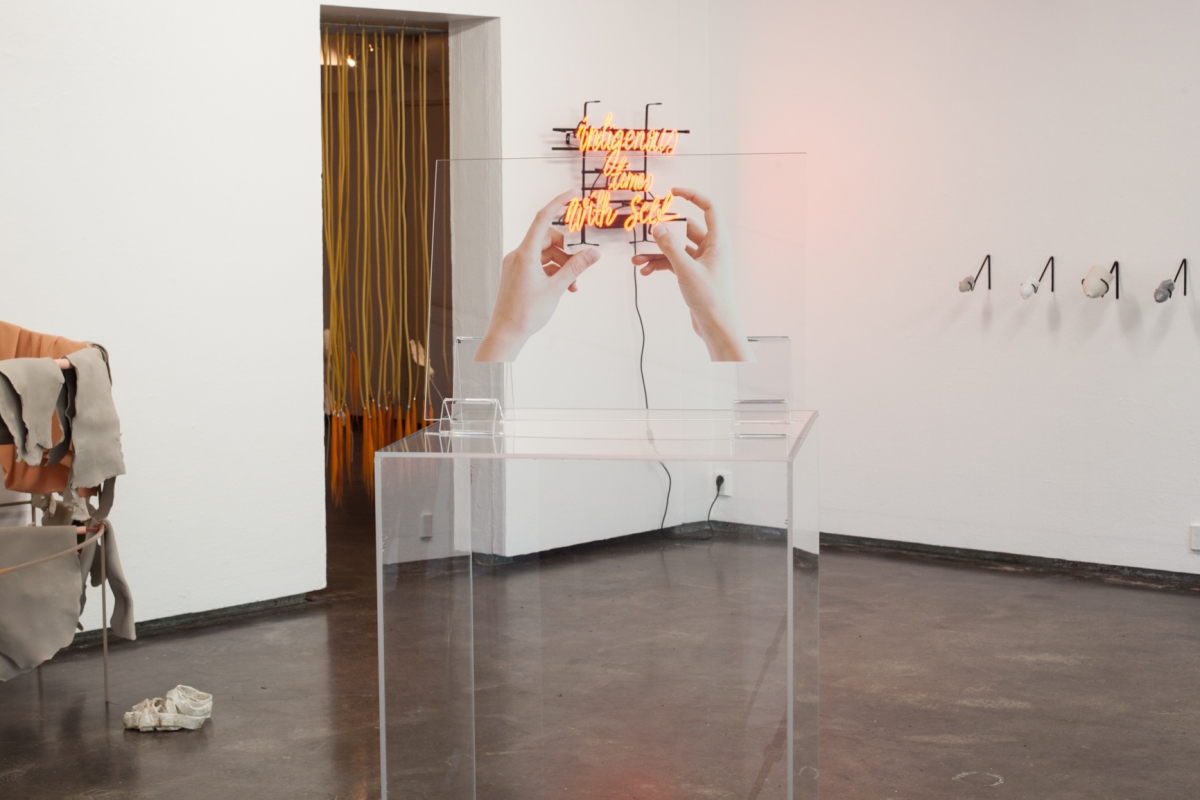
View from the exhibition My Bitter Sweet Frankenstein Body with works by Kristina Õllek, Kristel Saan and Jaanus Samma, Titanik gallery, Turku, 2022. Photo by Kristina Õllek
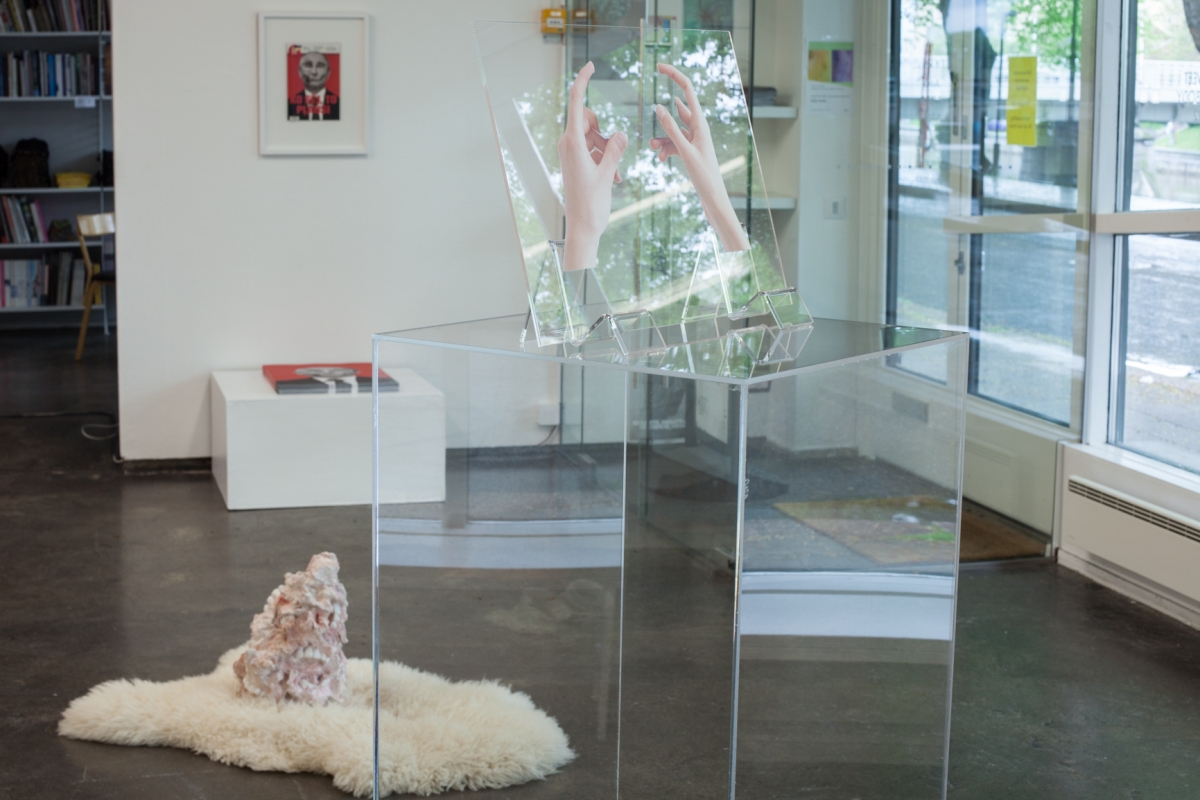
View from the exhibition My Bitter Sweet Frankenstein Body with works by Kristina Õllek, Eike Eplik and Krišs Salmanis, Titanik gallery, Turku, 2022. Photo by Kristina Õllek
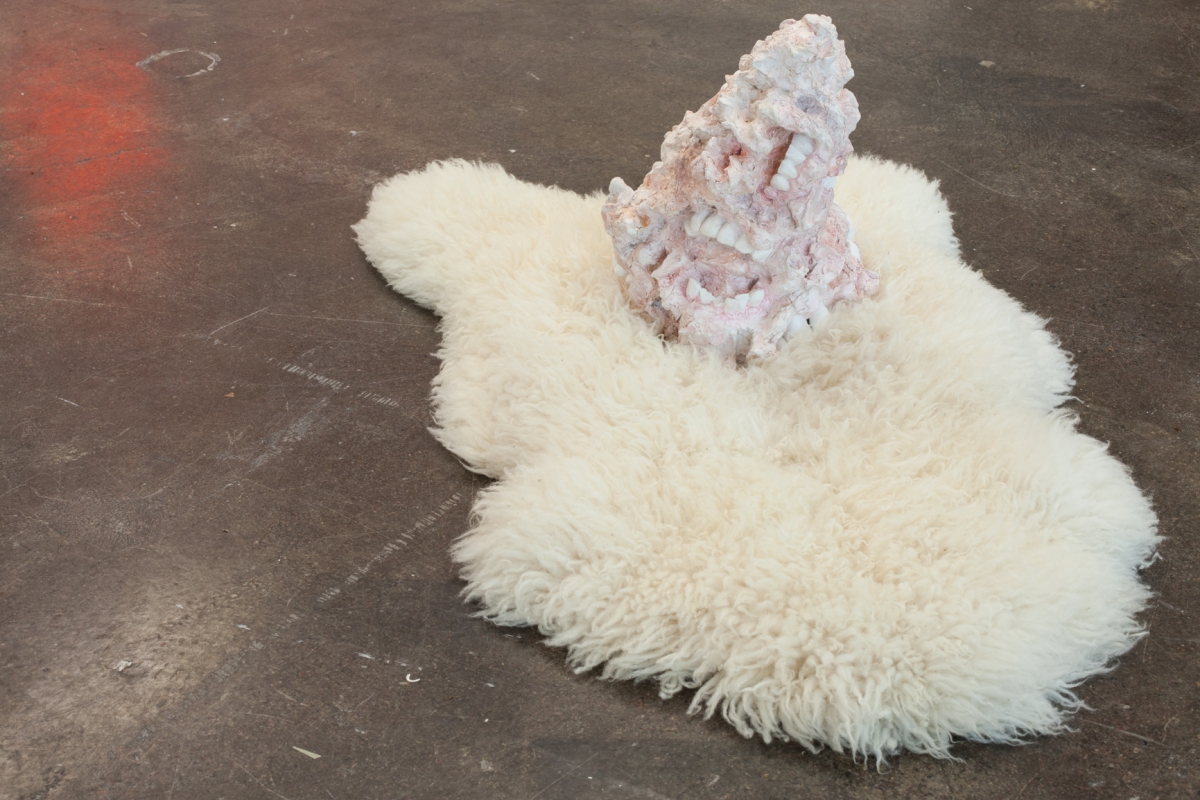
Eike Eplik, American Smile, 2017. View from the exhibition My Bitter Sweet Frankenstein Body, Titanik gallery, Turku, 2022. Photo by Kristina Õllek
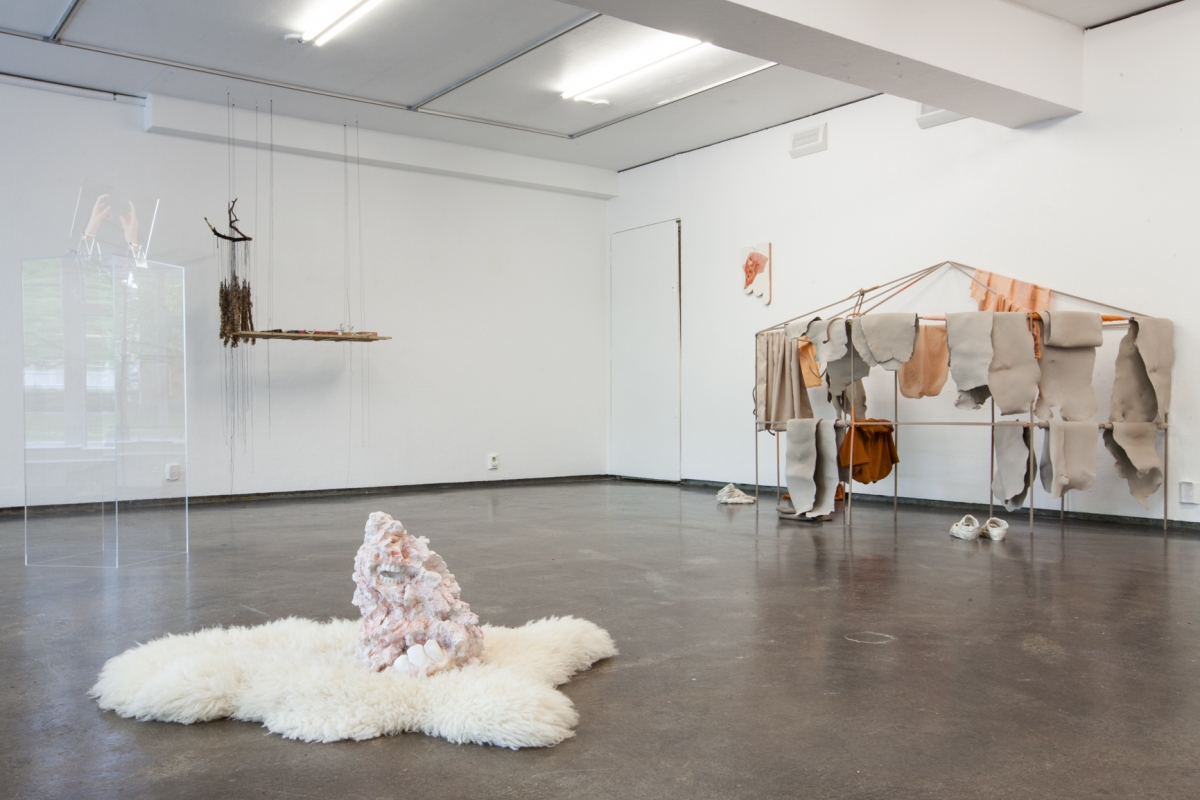
View from the exhibition My Bitter Sweet Frankenstein Body with works by Eike Eplik, Laura Põld, Kristina Õllek and Rūta Spelskytė, Titanik gallery, Turku, 2022. Photo by Kristina Õllek
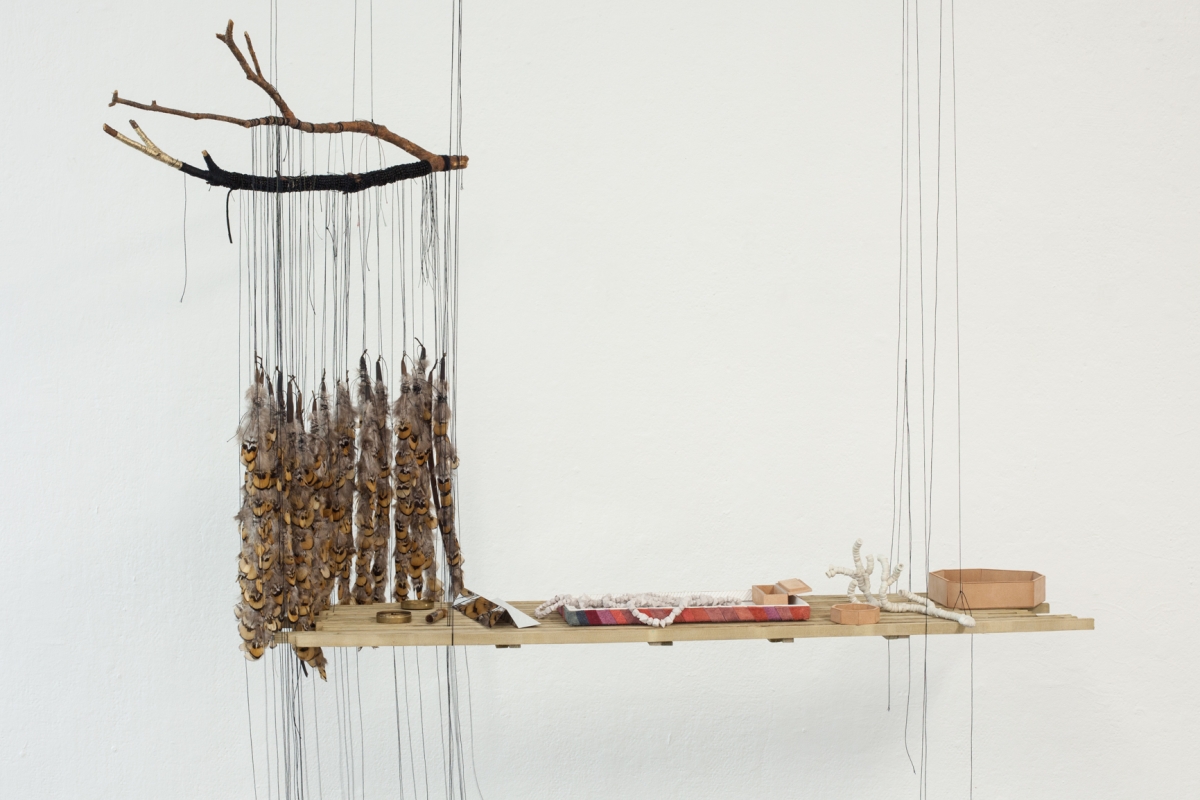
Rūta Spelskytė, Necklace, 2022. View from the exhibition My Bitter Sweet Frankenstein Body, Titanik gallery, Turku, 2022. Photo by Kristina Õllek

View from the exhibition My Bitter Sweet Frankenstein Body with works by Laura Põld, Kristel Saan and Jaanus Samma, Titanik gallery, Turku, 2022. Photo by Kristina Õllek
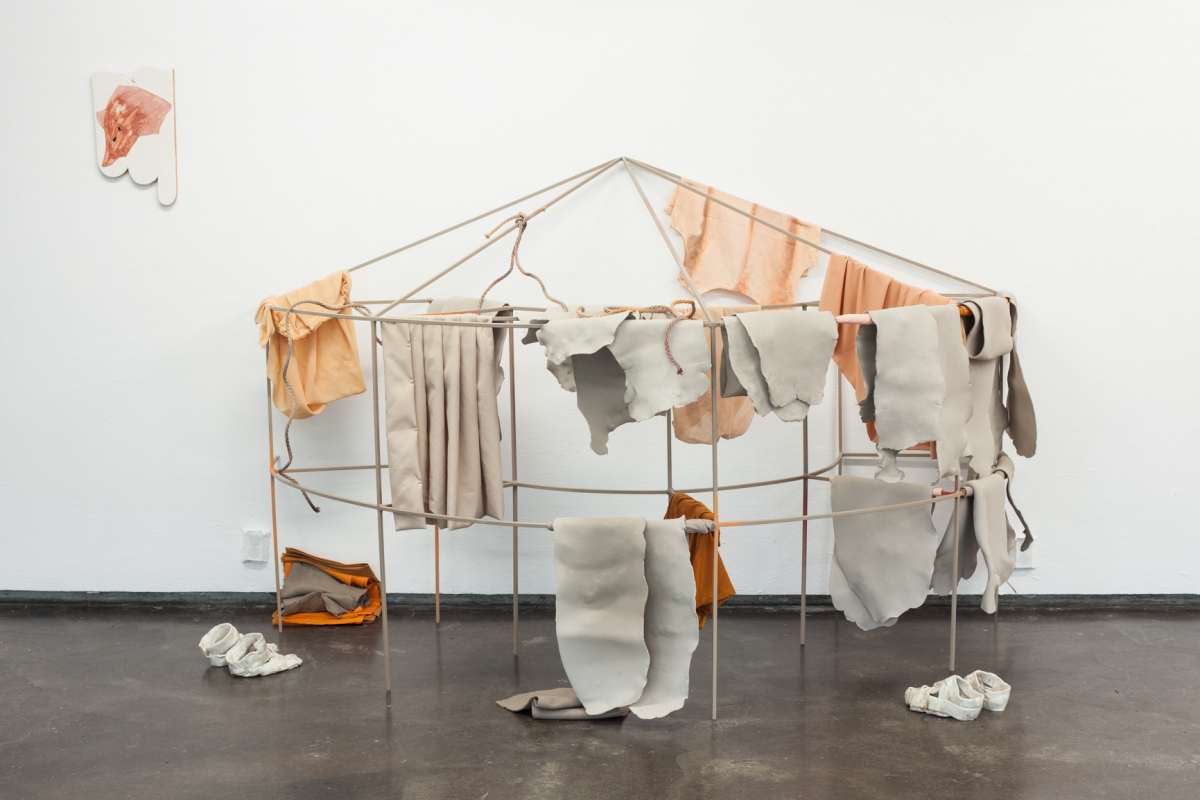
Laura Põld, Shedding Skin, 2020. View from the exhibition My Bitter Sweet Frankenstein Body, Titanik gallery, Turku, 2022. Photo by Kristina Õllek

Kristel Saan, Misguider, 2017. View from the exhibition My Bitter Sweet Frankenstein Body, Titanik gallery, Turku, 2022. Photo by Kristina Õllek

Jaanus Samma, Pieces of Antiquity, 2019-2022. View from the exhibition My Bitter Sweet Frankenstein Body, Titanik gallery, Turku, 2022. Photo by Kristina Õllek
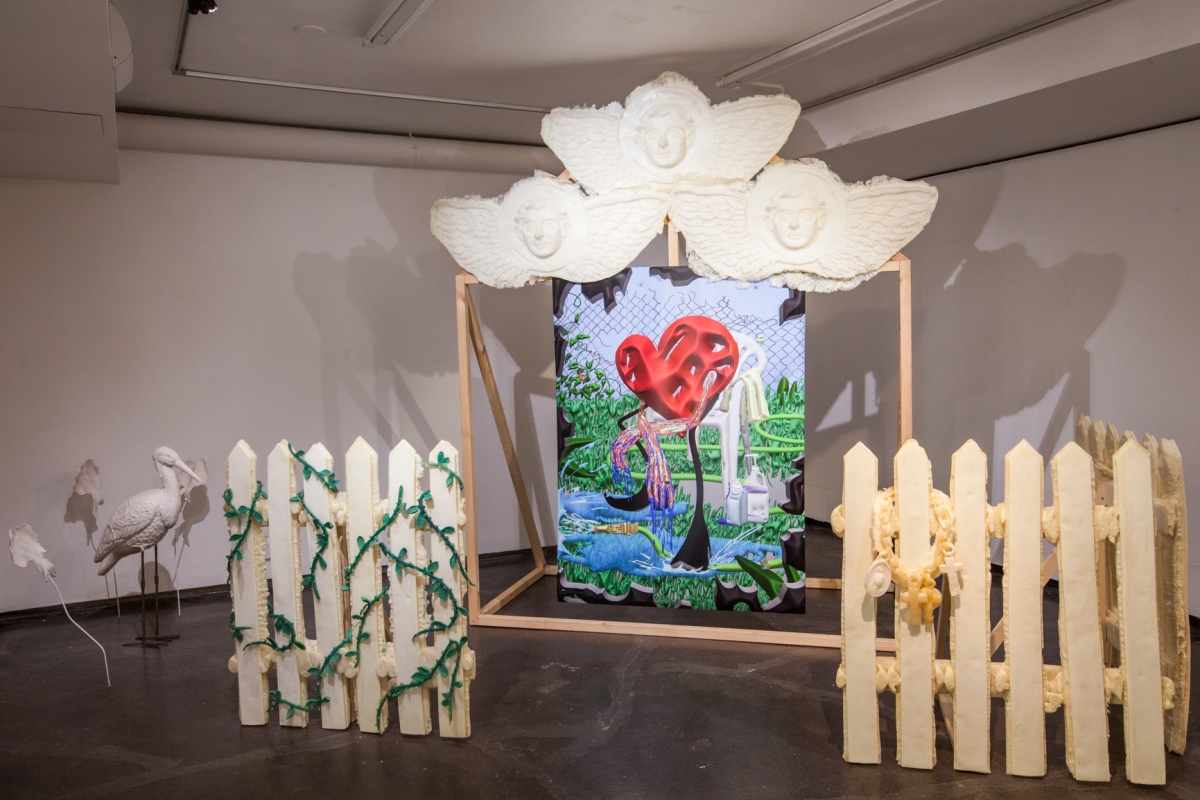
View from the exhibition My Bitter Sweet Frankenstein Body with works by Līga Spunde and Edith Karlson, Titanik gallery, Turku, 2022. Photo by Kristina Õllek

View from the exhibition My Bitter Sweet Frankenstein Body with works by Edith Karlson and Sabīne Vernere, Titanik gallery, Turku, 2022. Photo by Kristina Õllek
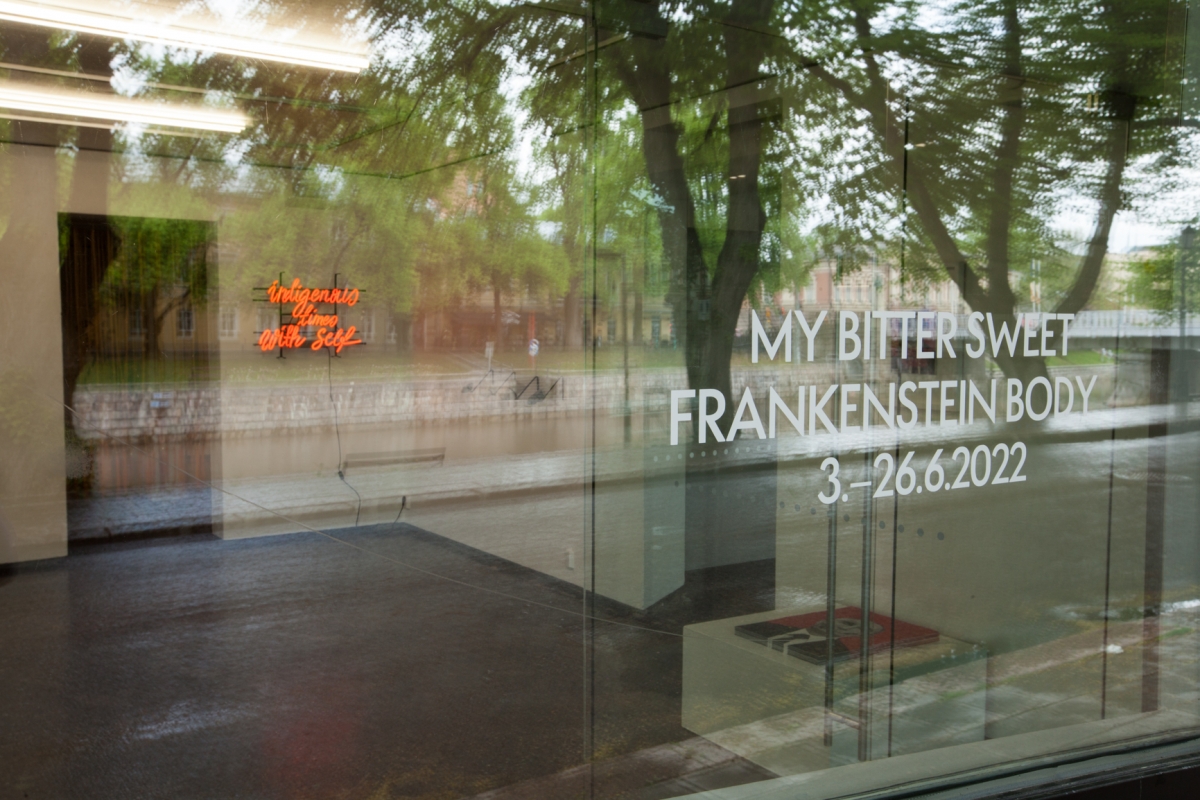
View from the exhibition My Bitter Sweet Frankenstein Body, Titanik gallery, Turku, 2022. Photo by Kristina Õllek
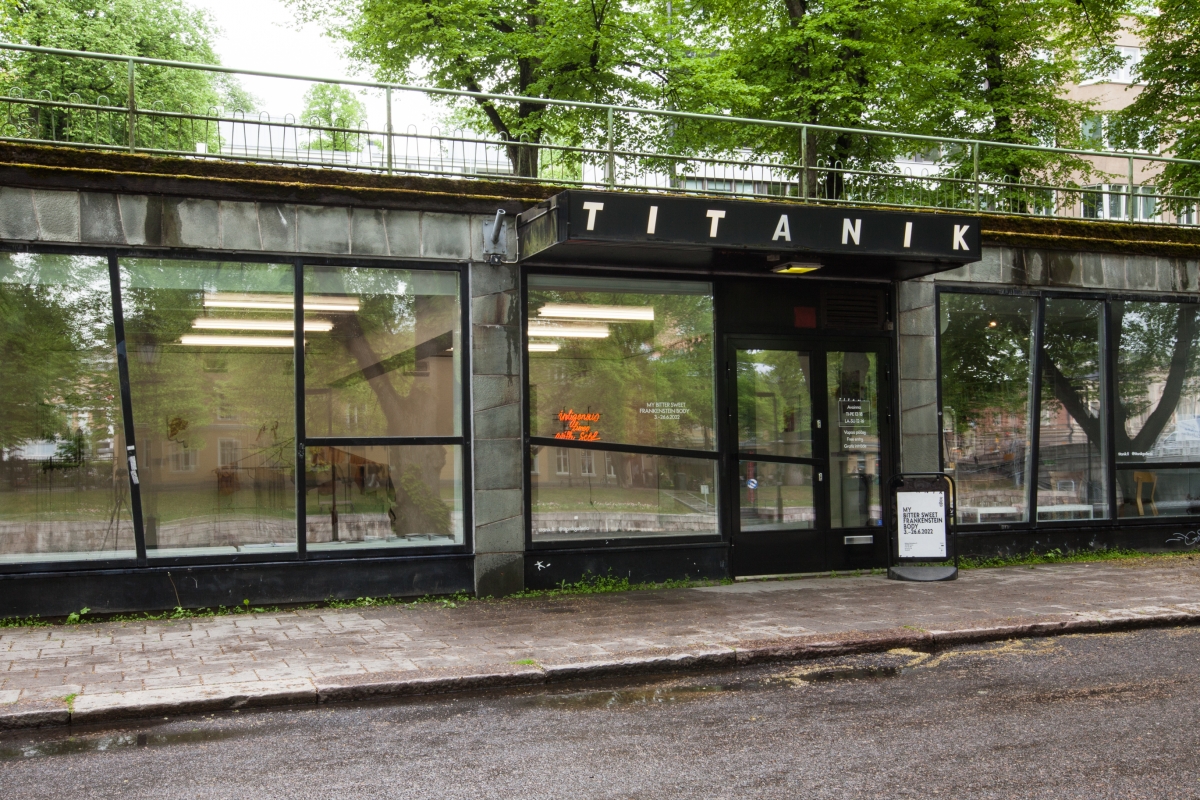
View from the exhibition My Bitter Sweet Frankenstein Body, Titanik gallery, Turku, 2022. Photo by Kristina Õllek
